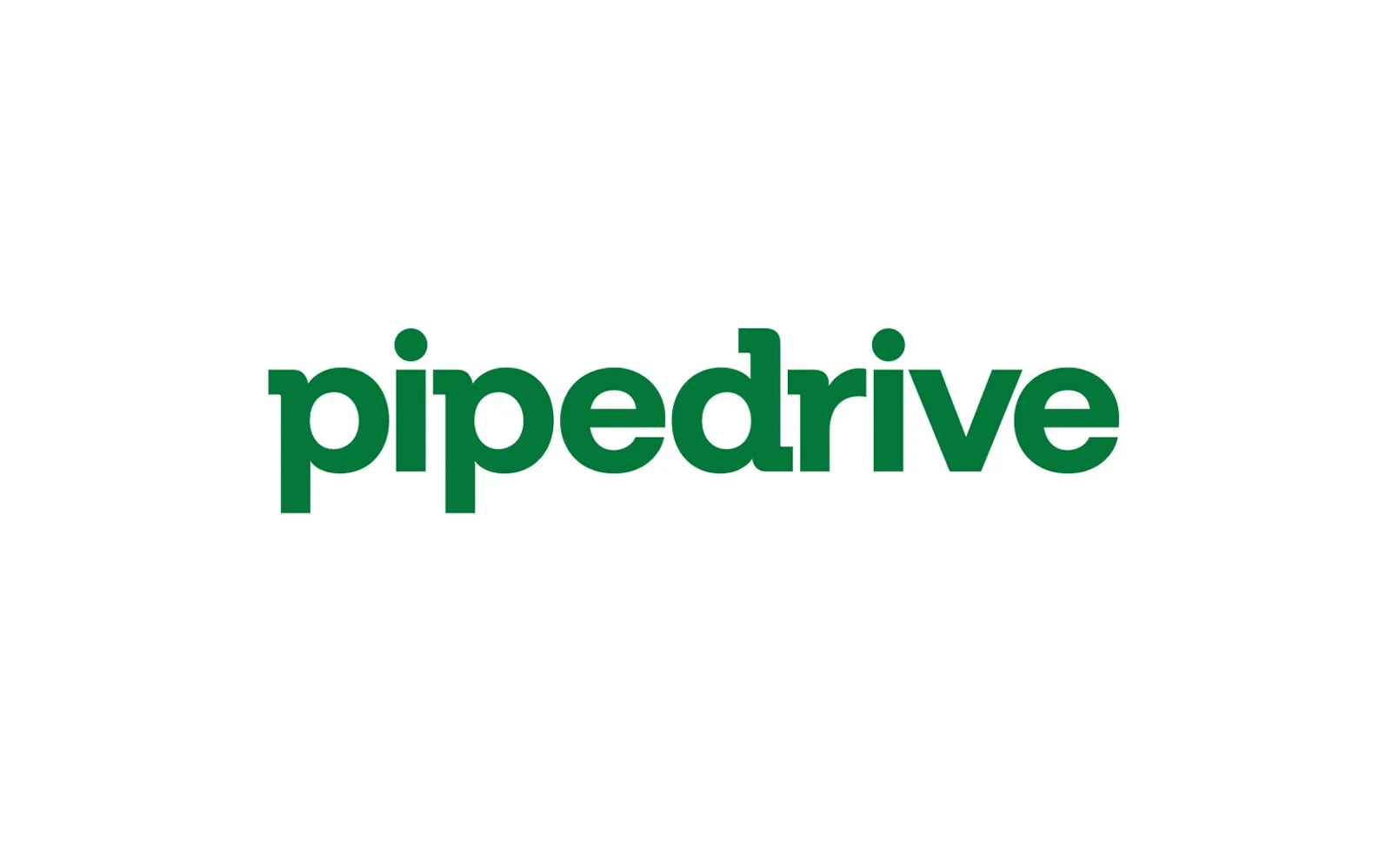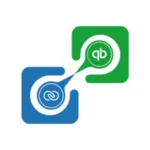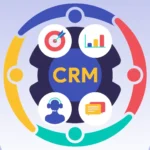CRM software like Pipedrive has become one of the most popular tools for managing customer relationships, streamlining sales pipelines, and improving business efficiency. But beyond the product itself, there’s a thriving industry of CRM professionals who build their careers around implementing, managing, and optimizing systems like Pipedrive.
This guide explores CRM salaries, career opportunities, and how professionals can grow in roles connected to platforms such as Pipedrive. It also provides insights into what drives salary levels, how bonuses and incentives work, and practical steps for landing a CRM-related position. While many people first encounter Pipedrive when researching subscription costs or platform features, this article focuses on the people behind the systems—their career paths, earnings, and growth potential.
The CRM Job Landscape
CRM technology has evolved into one of the core pillars of modern business operations. Companies use tools like Pipedrive to automate tasks, visualize sales pipelines, and manage customer interactions effectively. As these systems become more essential, the demand for CRM professionals—those who manage, analyze, and optimize them—continues to rise.
In industries like finance, real estate, SaaS, and consulting, CRM specialists play a major role in driving revenue growth. They bridge technology with strategy, helping organizations make smarter, data-driven decisions. Whether they’re implementing Pipedrive for a small business or managing multiple CRMs for a large enterprise, their work directly influences customer satisfaction and profitability.
Common CRM Roles and Salary Insights
CRM careers include a range of positions, from technical specialists to strategic managers. Salaries vary depending on experience, industry, and the size of the company. Below is a breakdown of common CRM roles and their typical annual earnings:
-
CRM Coordinator / Assistant – $45,000 to $65,000 per year
Assists with data entry, CRM maintenance, and lead management. Often an entry point into the CRM field. -
CRM Analyst – $65,000 to $90,000 per year
Focuses on analyzing customer and sales data to improve CRM strategies, campaign targeting, and reporting accuracy. -
CRM Administrator – $70,000 to $95,000 per year
Manages system configuration, user permissions, integrations, and day-to-day CRM operations. -
CRM Manager – $85,000 to $120,000 per year
Oversees CRM strategy, supervises teams, and ensures the system aligns with business goals. -
CRM Developer / Technical Consultant – $90,000 to $130,000 per year
Customizes and develops CRM functionalities, integrations, and automation workflows—especially for platforms like Pipedrive, Salesforce, or HubSpot. -
Head of CRM / CRM Director – $120,000 to $180,000+ per year
Defines company-wide CRM vision, manages large teams, and drives strategic initiatives for customer experience improvement.
CRM professionals working with Pipedrive and similar systems often enjoy steady job demand and competitive salaries, especially when they bring both technical and business expertise to the table.
How CRM Professionals Can Grow and Earn More
Building a successful career in CRM means blending technical skills with strategic thinking. Those who can translate CRM data into business results tend to rise quickly. Here’s how professionals typically advance and increase their earning potential.
1. Invest in Continuous Learning
Certifications and training in tools like Pipedrive, Salesforce, or HubSpot help professionals stand out. Mastering automation, reporting, and API integrations can significantly boost value and salary prospects.
2. Demonstrate Impact
Employers reward CRM experts who can prove measurable outcomes—like improving customer retention, increasing conversion rates, or cutting administrative time through automation. These results often lead to bonuses or leadership opportunities.
3. Develop Cross-Functional Skills
Those who understand both marketing and sales processes, along with technical CRM administration, can bridge gaps between departments. This skill set is highly valued in larger organizations.
4. Lead and Mentor Others
Guiding junior CRM staff or leading implementation projects often accelerates career progression. Leadership experience signals readiness for senior roles with higher pay and more influence.
How to Apply for CRM-Related Positions
Finding the right CRM role can feel easier with a clear strategy. Here’s a step-by-step approach for pursuing opportunities in this field:
-
Define the Focus Area
Decide whether to specialize in analytics, system administration, or strategic CRM management. Each track offers distinct growth potential. -
Craft a Compelling Resume
Highlight achievements tied to measurable results—like CRM adoption rates, campaign performance, or process automation improvements. -
Earn Certifications
Consider getting certified in Pipedrive or similar CRM platforms. These credentials validate expertise and often lead to higher-paying roles. -
Build a Portfolio
Showcase dashboards, automations, or reports that demonstrate CRM problem-solving. Real-world examples help potential employers see practical skills in action. -
Network Actively
Engage with CRM communities on LinkedIn or participate in virtual events. Many job leads come through personal connections or referrals. -
Apply Strategically
Explore CRM openings on job platforms such as LinkedIn, Indeed, and Glassdoor, or directly on company websites. Tailor each application to match the job’s focus. -
Prepare for Technical and Behavioral Interviews
Be ready to discuss how previous CRM projects contributed to team efficiency, customer retention, or overall sales growth.
Understanding Pipedrive Subscription Costs
While the focus here is on CRM careers, understanding Pipedrive’s subscription structure can also help professionals discuss budgets and recommend solutions effectively.
Pipedrive offers several pricing tiers depending on company size and needs:
-
Essential Plan – Designed for small teams, offering core CRM features at around $14 to $20 per user per month.
-
Advanced Plan – Adds automation and workflow features, averaging $30 to $40 per user per month.
-
Professional Plan – Includes advanced reporting and collaboration tools, typically $50 to $60 per user per month.
-
Power and Enterprise Plans – Built for larger teams with priority support and customization options, priced between $70 to $100+ per user per month.
CRM professionals often help companies select the right subscription tier by analyzing business needs, workflow complexity, and integration requirements. Understanding these cost structures can be a valuable skill for those managing CRM budgets or implementing systems for clients.
Conclusion
Pipedrive Subscription Costs – CRM careers built around tools like Pipedrive offer exciting growth potential and strong financial rewards. As companies continue investing in better customer management and automation systems, skilled professionals in this space remain highly sought after.
Whether just beginning as a CRM coordinator or advancing to a director role, the opportunities in this field are diverse and promising. With the right combination of technical knowledge, strategic insight, and ongoing learning, CRM professionals can build long-term careers that are both stable and rewarding.
Frequently Asked Questions (FAQ)
1. What is the average CRM salary for professionals working with Pipedrive?
CRM professionals experienced in Pipedrive typically earn between $65,000 and $120,000 per year, depending on role, industry, and expertise level.
2. Are Pipedrive-related CRM jobs in high demand?
Yes. Many small and mid-sized businesses use Pipedrive, creating consistent demand for administrators, analysts, and consultants familiar with the platform.
3. What skills are most valuable for working with Pipedrive?
Key skills include CRM setup, automation design, data analysis, integration management, and communication with cross-functional teams.
4. How much does a Pipedrive subscription cost?
Pipedrive plans range from around $14 to $100+ per user per month, depending on the selected features and level of customization.
5. Can someone transition into CRM without prior experience?
Absolutely. Many professionals from marketing, sales, or operations backgrounds move into CRM roles after completing platform training or certification.
6. Is certification in Pipedrive worth it?
Yes. While not mandatory, certification demonstrates expertise, builds credibility, and often helps professionals negotiate higher salaries.




